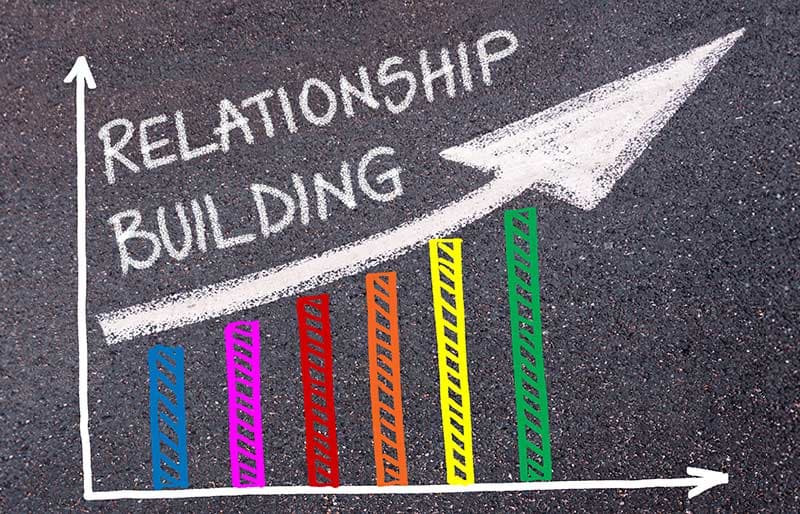
The Value of Building Team Relationships
Our research strongly indicates that members of top performing cross-functional teams value and work hard to build close relationships with one another…
We found that team success is strongly correlated with members value of, and commitment to learn about each other's attitudes, views, work styles, hot buttons and cultural differences. We found that participation and the integration of knowledge and ideas occurs more easily when the members of these teams actively seek to get to know one another.
Members of top cross-functional teams told us that they knew each other quite well – well enough to understand each other's idiosyncrasies. They also discussed using this knowledge to facilitate their work. One member discussed knowing what can and can't said and how close you need to get and how far away you need to stay from a specific team member. Another told us in detail that a hot headed team member is allowed to cool off, and how a pessimist is allowed to talk about the sky falling in. But, at the end of the day, the team comes together and works well.
In contrast, members of average-performing teams spoke significantly less often about understanding one another or trying to get to know others on the team. One member of an average team said that members were remote and just spread out too far to know each other very well (yet, several of the high-performing teams were equally remote and dispersed). Members of the average-performing teams more often viewed "get-to-know-you" activities as a waste of time. They didn't recognize the link between familiarity, the ability to grasp and appreciate a teammate's point of view, and how that impacts the team's success.
Do members of your team invest time getting to know one another? What can remote team members do to foster close relationships? What you decide could make all the difference in how your team performs.